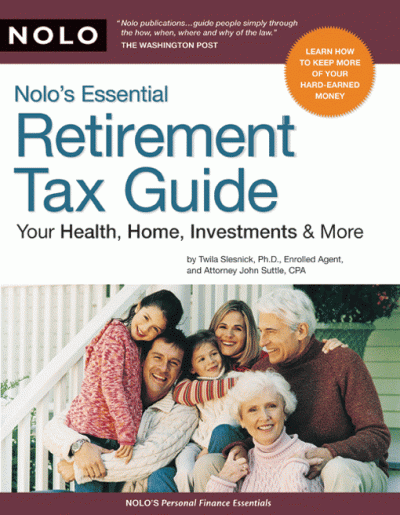Badger
Thinks s/he gets paid by the post
- Joined
- Nov 2, 2008
- Messages
- 3,411
My wife and I will both be retired by May. I will be 63 and she will be 65. I am trying to plan how I should access money from our various sources to keep taxes to a minimum as well as avoid paying taxes on Social Security. I understand that we have to keep our income below $14,120/yr for each of us (I think) to keep 100% of our SS. I would appreciate some guidance/suggestions, maybe a good book, or at least a comprehensive chapter dedicated to minimizing taxes during retirement.
Our sources of money will be:
1. Social Security
2. Small pensions from military and civilian jobs
3. Stocks – dividends only (If possible)
4. Taxable Mutual Funds – dividends only again
5. Savings accounts, CD’s, MM accounts, etc. – interest only
6. Roth IRA accounts
7. Cash in the bucket
8. Traditional IRA accounts
If the money from SS is free and clear as long as we don’t have a combined income of over $28,240 then is the only taxable income (for computing tax on SS money) from a paycheck from a job and cashing in some of the traditional IRA shares? I know items #2-6 are taxable income but are they considered as income for reducing our SS paycheck?
After budgeting the money from items #1 & 2 I was thinking of taking the dividends and interest from items #3 – 5 and making up the difference in what we will need from the traditional IRA accounts (not to exceed $28,240. If more was necessary for living expenses I would then use some cash from the bucket or Roth IRA.
If this is correct then our taxes would only be computed on the $28,240 and we keep 100% of our SS money. After we reach 66 then we keep 100% of our SS regardless of earnings.
Did I get this right? Am I missing something?
Cheers!
Our sources of money will be:
1. Social Security
2. Small pensions from military and civilian jobs
3. Stocks – dividends only (If possible)
4. Taxable Mutual Funds – dividends only again
5. Savings accounts, CD’s, MM accounts, etc. – interest only
6. Roth IRA accounts
7. Cash in the bucket
8. Traditional IRA accounts
If the money from SS is free and clear as long as we don’t have a combined income of over $28,240 then is the only taxable income (for computing tax on SS money) from a paycheck from a job and cashing in some of the traditional IRA shares? I know items #2-6 are taxable income but are they considered as income for reducing our SS paycheck?
After budgeting the money from items #1 & 2 I was thinking of taking the dividends and interest from items #3 – 5 and making up the difference in what we will need from the traditional IRA accounts (not to exceed $28,240. If more was necessary for living expenses I would then use some cash from the bucket or Roth IRA.
If this is correct then our taxes would only be computed on the $28,240 and we keep 100% of our SS money. After we reach 66 then we keep 100% of our SS regardless of earnings.
Did I get this right? Am I missing something?
Cheers!

